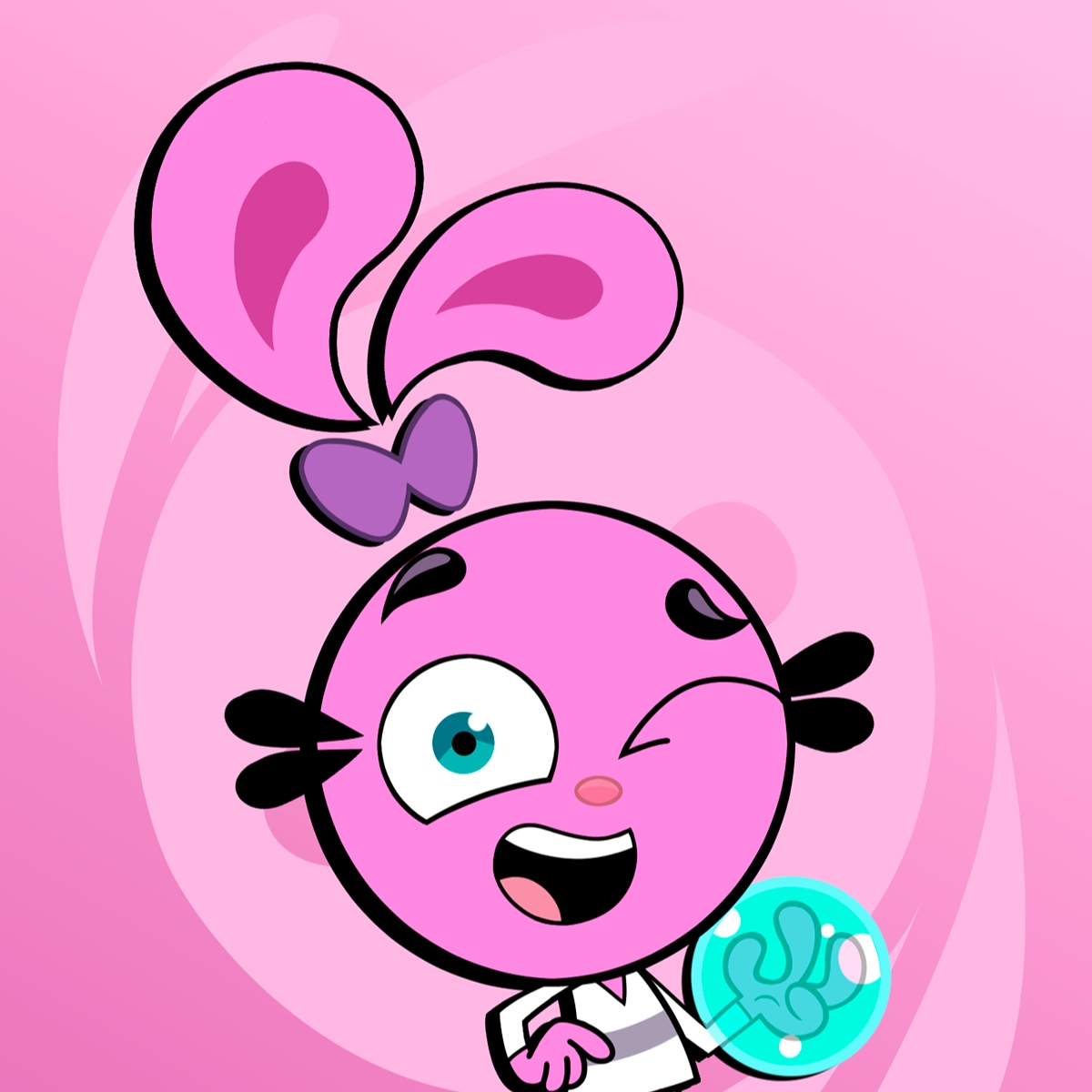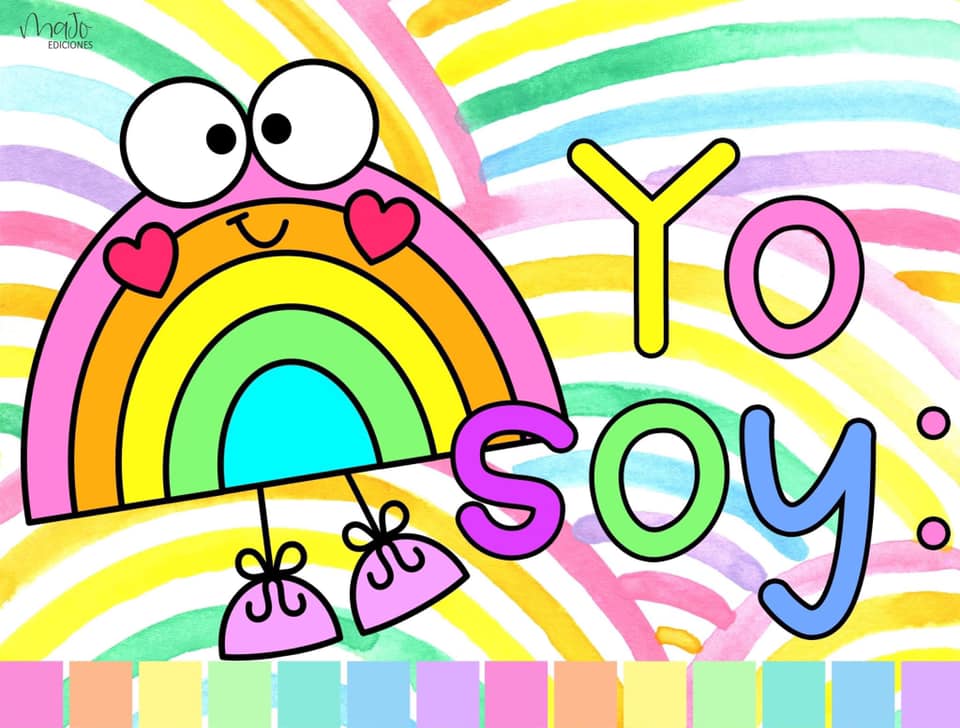🤖 AI-Generated Content
This content has been created using artificial intelligence. While we strive for accuracy, please verify important information independently.
The phrase "yo quiero agua" has, quite remarkably, taken on a life of its own across the vast stretches of the internet, becoming something that carries different weights and associations depending on where you encounter it. It’s a simple collection of words, literally translating to "I want water," yet its journey through online spaces has made it stand for things far removed from a basic request for a drink. This expression, you see, has become a point of reference for a range of content, some of it profoundly unsettling, and other parts of it, just a little, quite ordinary or even lighthearted.
For many people, the words "yo quiero agua" are unfortunately linked to some very upsetting material that has circulated online for a good while. This connection stems from certain recordings that have gained a kind of infamous recognition, particularly those that show very difficult scenes. The content of these recordings is, as a matter of fact, something that has left a lasting impression on many who have come across it, highlighting the stark reality of violence in some places, especially in parts of Mexico, too it's almost.
Yet, the same phrase also pops up in completely different settings. It can be a straightforward statement someone makes when they are thirsty, perhaps preferring water over another kind of drink, or it can even be part of humorous online content. This duality, or rather, this wide range of uses, really shows how a simple set of words can mean so many things to different people, depending on the context they find it in, you know, kind of.
- Mike Olson
- Lukas Nelson Talks About His Relationship With Father Willie Nelson
- Aagmaal Gives
- Channetta Valentine
- Teach Me First Honeytoon
Table of Contents
- What is the Origin of "Yo Quiero Agua"?
- How Did "Yo Quiero Agua" Gain Notoriety?
- Beyond the Shock- The Literal Sense of "Yo Quiero Agua"
- The Broader Implications of "Yo Quiero Agua"
What is the Origin of "Yo Quiero Agua"?
The phrase "yo quiero agua" as a specific reference point in online conversations, actually, seems to have its roots firmly planted in the widespread sharing of a particular video. This recording, which, you know, is quite unsettling, began to make its way around the internet, picking up speed as it went. It’s a piece of material that depicts a very difficult situation, and the words "yo quiero agua" became the way many people identified it, or rather, the title under which it gained a lot of attention. This happened especially in certain online communities where such content unfortunately circulates, so, you know, it became a kind of shorthand for a very specific, troubling visual experience.
The Start of "Yo Quiero Agua" Online
The initial spread of this particular video, featuring the words "yo quiero agua," was quite rapid, moving across various online spots. It first appeared, it seems, in places like Reddit, where discussions and links to very graphic content sometimes get shared. People would refer to it using this simple phrase, which then, basically, helped it become easily searchable for those looking for it. The content itself, portraying moments of extreme cruelty, made the video unforgettable for those who watched it, securing its place in certain parts of the internet's memory, in a way, as a kind of shorthand for something very difficult to witness.
How Did "Yo Quiero Agua" Gain Notoriety?
The rise to a kind of dark fame for "yo quiero agua" is really tied to how easily and quickly disturbing content can spread across the web. This particular recording, which is quite unsettling, found its way onto many different social media platforms, including places like TikTok, WhatsApp, and Telegram, sometimes even appearing on YouTube for a period. The sheer number of times it was shared and talked about, even if in hushed tones or with warnings, meant that the phrase became widely known, almost a code word for something truly awful. It’s a very stark reminder, too it's almost, of how quickly something can go from being an isolated event to a widely recognized, albeit deeply unpleasant, online phenomenon.
- Yailin La Más Viral Erome
- Anjli Arora Xxx Viral Video
- Eva Elfie Jason Luv
- Somali Wasmo Telegram
- Luke Davidson Dad
The Disturbing Side of "Yo Quiero Agua"
The reason "yo quiero agua" became so widely recognized, in a way, comes from the very distressing nature of the video it refers to. This recording shows extreme acts of cruelty, carried out by individuals associated with a particular group, the Jalisco New Generation Cartel, or CJNG, in Mexico. The scenes depicted are profoundly upsetting, showcasing a level of brutality that is hard to comprehend. The phrase itself, uttered in a moment of great distress within the video, stuck with viewers and became the identifier for this very difficult piece of material. It's a rather chilling example of how a simple request can become forever linked to something truly horrific, basically, leaving a lasting mark on those who encounter it.
Beyond the Shock- The Literal Sense of "Yo Quiero Agua"
While a lot of the online discussion around "yo quiero agua" focuses on its more upsetting associations, it's really important to remember that, at its core, the phrase simply means "I want water." This is its direct, everyday meaning in Spanish, and it's used constantly in conversations all over the world where Spanish is spoken. It's a very basic human need, after all, to ask for a drink when you are thirsty. So, when you hear someone say "yo quiero agua" in a normal situation, it's just that: a straightforward request for something to drink, perhaps specifying water instead of another beverage, like a soda, you know, kind of.
"Yo Quiero Agua" in Everyday Talk
In daily life, the phrase "yo quiero agua" is used in very ordinary ways, as a matter of fact. Imagine you are with a group of people, and someone asks what everyone would like to drink. If you specifically want water, you might say "yo quiero agua" to make your preference clear, differentiating it from other options. This simple act of specifying "I want water" is a common part of conversation. It shows how the same words can have a completely innocent and functional purpose, far removed from any of the troubling contexts found online. It’s a very common expression, basically, that helps people communicate their simple needs, just a little, in a clear way.
The Broader Implications of "Yo Quiero Agua"
The phrase "yo quiero agua," beyond its literal meaning and its upsetting online connections, can also, in some respects, make us think about bigger issues. While it might seem like a simple request for a drink, the very act of asking for water can, for some people, be a daily struggle. This is especially true in parts of the world where getting clean, safe drinking water is not a given. So, when this phrase comes up, it could, you know, potentially bring to mind the very real challenges many communities face in accessing this most basic of human necessities, actually.
"Yo Quiero Agua" and Social Concerns
Thinking about "yo quiero agua" can, you know, also lead to discussions about important social matters. When we consider the difficulty some people have in getting clean water, the phrase takes on a different kind of weight. It prompts thoughts about water availability, conservation efforts, and the systems that provide water to homes and businesses. Companies like Culligan, for example, work on water treatment solutions, which shows there's a whole industry built around making sure people have access to good water. So, the simple words "yo quiero agua" can, basically, open up a conversation about a very important global challenge, something that affects people's lives in a very fundamental way, actually.
The phrase "yo quiero agua" has truly had a strange journey across the internet, moving from a straightforward request for a drink to becoming associated with deeply unsettling video content. This online spread, often linked to cartel violence in Mexico, has given the simple words a chilling double meaning for many who have encountered these disturbing recordings. Yet, at the same time, the phrase continues its everyday life as a common way to ask for water, and it can even spark thoughts about broader issues like access to clean drinking water around the world. The way this short expression has taken on so many different forms and meanings really shows how complex and varied online communication can be, and how a few words can hold vastly different ideas for different people.
Additional Resources
Visual Content



Disclaimer: This content was generated using AI technology. While every effort has been made to ensure accuracy, we recommend consulting multiple sources for critical decisions or research purposes.
